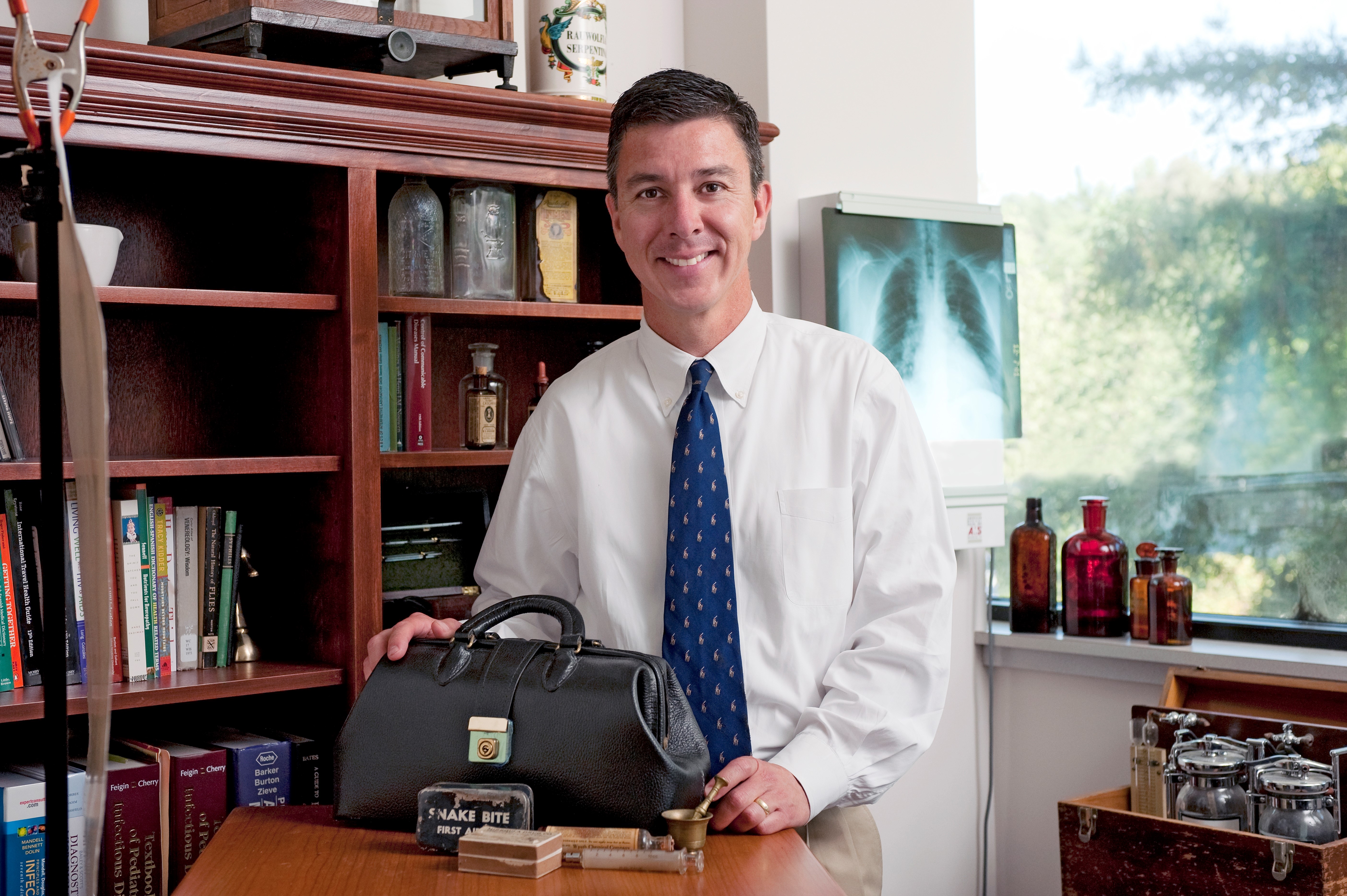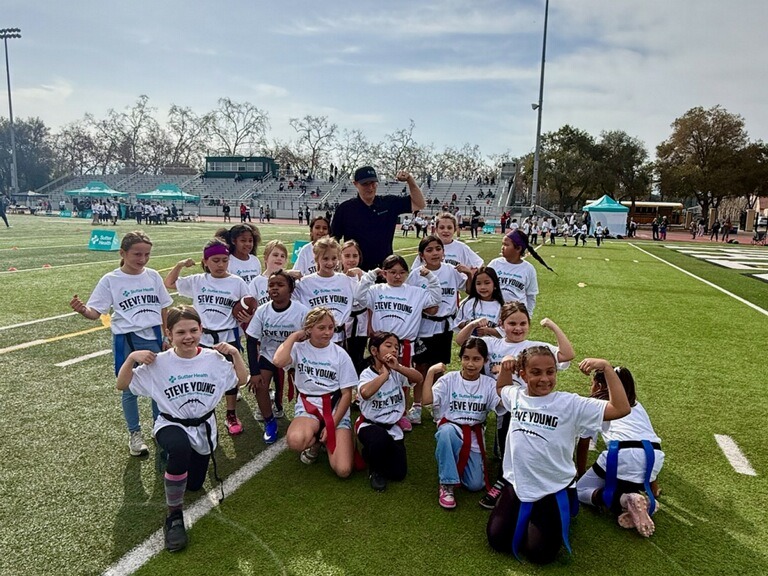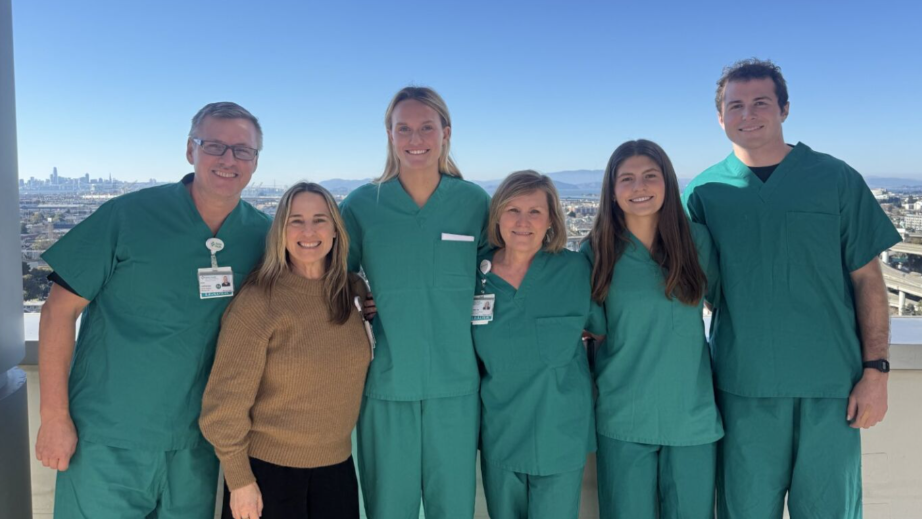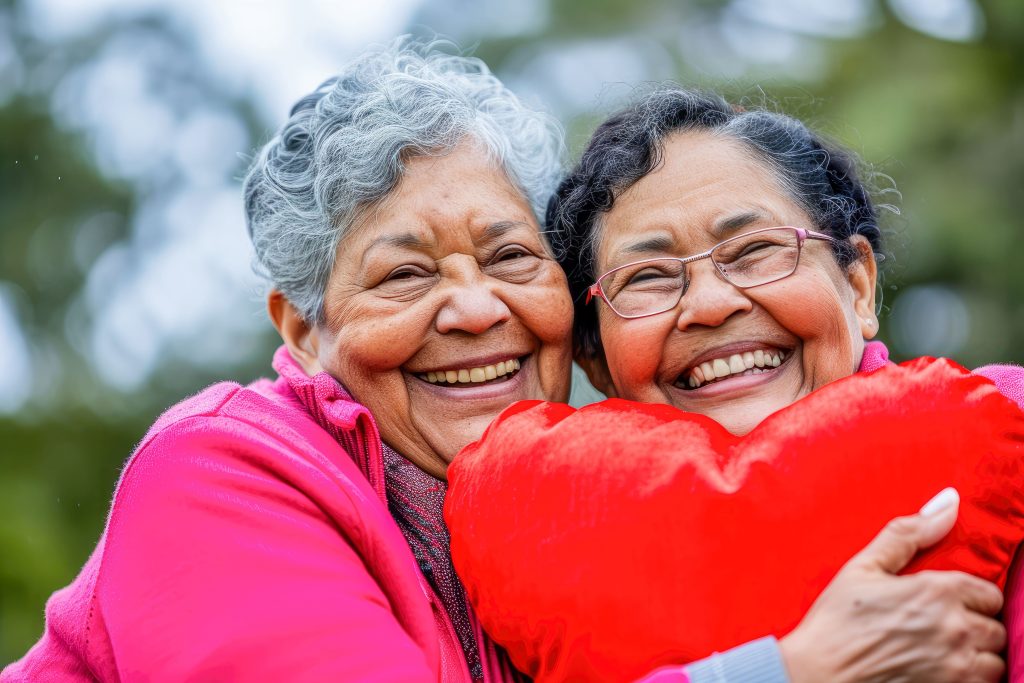We’re all learning to live in this new normal as it seems coronavirus might be among us for longer than we’d like. With cities, counties and states approaching their reopening strategies differently, many are confused about which everyday practices are risky or safe. We interviewed Gary Green, M.D., an infectious disease doctor practicing at Sutter Medical Group of the Redwoods, about how he’s approaching ordinary activities like having friends over and getting his hair cut. Here’s what he had to say.
Q: When and where are you wearing your mask these days?
Dr. Green: A good way to answer this important question is when do I not wear a mask. I have been wearing a regular surgical mask nearly all the time: walking inside or through any work or public building, including the grocery store and gas station. I wear a mask when I am close to any other individuals besides my immediate family, inside or outside. The only instances where I don’t wear a surgical mask is when I am alone in my car or office, or when I am exercising outside alone or distanced from others.
Q: Are you having people over to your home right now? Why or why not?
Dr. Green: We are not having any visitors over to our house right now because state and local physical distancing recommendations are still in place. A few friends and neighbors have dropped by to say hello, but we keep the conversation outside, brief, and all persons are wearing masks. Lots of FaceTime with friends and family.
Q: You’re an avid cyclist. How have you adapted your rides since the virus began?
Dr. Green: I’m wearing a lightweight neck-gaiter that I pull over my nose and mouth when I am close to others. If I’m out riding with one or two friends, we keep greater than 10 feet distance.
Q: You have adult son and teenage daughter. What are you telling them about COVID-19 safety and how to stay healthy?
Dr. Green: Staying healthy and uninfected is very important. We are careful to encourage social distancing and avoiding any crowded or public mixing with our kids’ friends or neighbors.
For the first time, I am grateful for the iPhone and iPad, as they communicate virtually with their friends and rarely get restless or get cabin fever. We do so much more as a family. My son and I might play chess or billiards, and as a family we have been binging many Netflix series and movies. It’s been a delightful and sweet time at the house, and when the kids get cabin fever, we try to do an outdoor event such as a family hike.
Q: How are you managing haircuts these last few months?
Dr. Green: There are a few things I really like to do: get a haircut, mow the yard, and wash my car. I was missing the haircut routine, and for the first two times, my wife cut my hair outside in our garage. She did a great job! Last week, I made an appointment and the stylist and I wore masks the whole time. Even with precautions, there is some risk even in this public setting. Consider asking what precautions your salon or barber shop are taking before you go.
Q: What’s your best guess about when we may have a vaccine?
Dr. Green: There are a lot of variables so we can’t know for sure. According to a June Los Angeles Times article, there are approximately 160 vaccines for COVID-19 in the research pipeline worldwide right now. Between two and four COVID-19 research vaccines in the U.S. are heading into phase 3 trials, the step just before FDA licensing and approval. This is lightning speed for vaccine research and development. The vaccine process often takes years or even decades, it is being compressed into months.
Q: COVID-19 has brought many challenges. Are there any silver linings?
Dr. Green: The amount of collaboration I have seen in the medical and scientific community has been astounding. Out of necessity, we are advancing our technology and our production in diagnostic testing, new treatments, and enforcing prevention strategies. As an infectious disease specialist, I have deepened my working knowledge of immunology to a much greater degree. In all these collaborative community and international efforts, I hope that we are deliberate and certain to share our advances and our fortunes with communities and countries that don’t have the access to medical care like we do.





